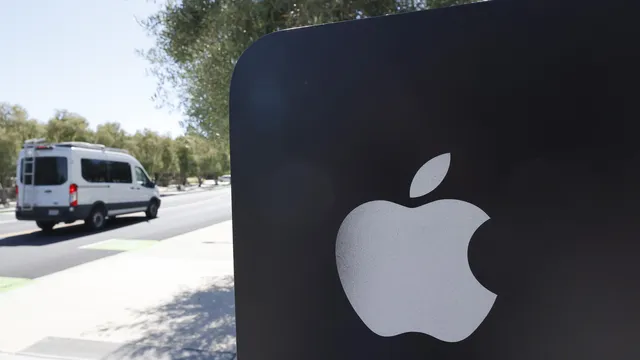Older generations have long complained that young people are disrespectful, ill-mannered or even vulgar.
Every generation looks back with nostalgia and has the impression that people used to be more polite.
According to a Pew Research Center study, nearly half of Americans believe behavior has become less polite since the start of the pandemic. It’s enough to get on a bus or a plane to witness annoying conduct: loud phone conversations, impromptu meals, students leaving lectures without warning, rude arguments.
Online, these small scenes get amplified and spread quickly — aided, of course, by algorithms. Behavior perceived as rude is not harmless. It changes moods, reduces our cognitive capacity and can trigger a negative spiral. Being treated badly makes you more guarded, less cooperative — and more likely to act rudely in turn. Uncivil behavior becomes contagious, a vicious cycle that is hard to break.
Absorbed by our screens, we neglect basic interactions and forget to consider the impact of our conduct. So in many cases we may be unintentionally rude.
Stress is another important factor. Kristin Porath, a professor at the UNC Kenan-Flagler Business School (North Carolina), has shown that bad moods and pressure largely explain outbursts and rudeness. The pandemic, inflation, worrying news and everyday strain have intensified this nervous atmosphere.
But everything depends on context. Some people see leaving a room without saying goodbye as normal, while others take it as an insult. According to Amy Irwin, a professor of psychology at the University of Aberdeen (Scotland), rudeness can be direct (openly criticising someone) or indirect (ignoring someone) — for example, snubbing your conversational partner while looking at your phone. Differences in etiquette must also be considered: what is rude in one culture may be entirely normal in another. Eating while walking is commonplace in the U.S. but frowned upon in Japan. Differences can even occur within the same family, where codes of conduct vary.
Fortunately, this tide of incivility can be halted. Education in courtesy, clear rules in schools and workplaces, and individual awareness are essential. We may be used to focusing too much on the negative. Applauding good behaviour — a polite gesture, a smile, holding a door — reminds us that courtesy has not disappeared. Noticing positive behaviours around us encourages us to repeat them and helps us realise they have not vanished entirely. | BGNES

 Breaking news
Breaking news
 Europe
Europe
 Bulgaria
Bulgaria







